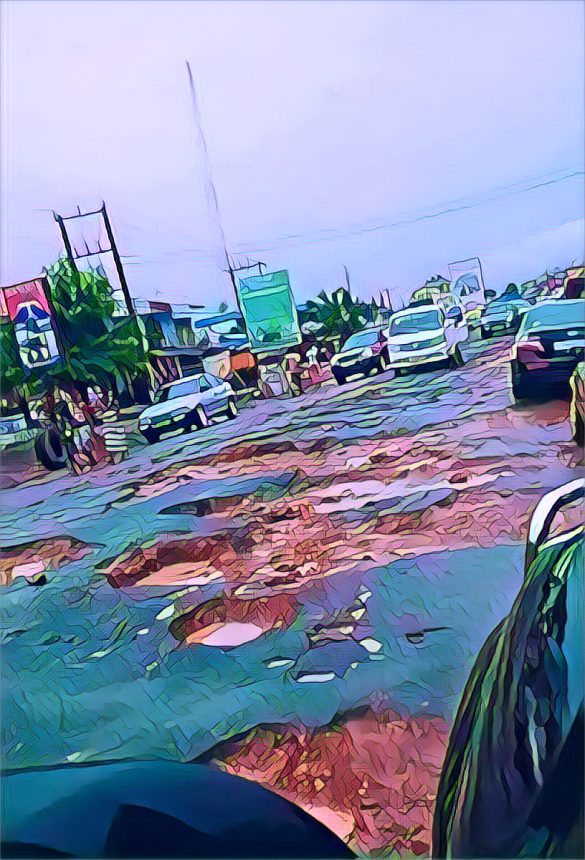The City of Harare faces a challenging situation in maintaining its road infrastructure, as revealed by Mayor Jacob Mafume. Despite the Zimbabwe National Road Administration (ZINARA) collecting a substantial US$64 million in revenues, only a meager 3% has been allocated to Harare for road maintenance. This revelation highlights the disparity between the funds collected and the resources made available for essential public services.
Mayor Mafume has expressed concerns about this allocation, emphasizing the critical need for more substantial funding to address the deteriorating road conditions in Harare. The city, which is Zimbabwe’s capital and most populous urban center, requires significant investment in road infrastructure to ensure safe and efficient transportation for its citizens.
The allocation of a mere 3% from ZINARA’s substantial revenue collection underscores a broader issue of resource distribution within the country’s road administration system. Mayor Mafume’s statement draws attention to the inadequate funding for one of the key urban areas in Zimbabwe, raising questions about the criteria and mechanisms used for the disbursement of these funds.
ZINARA, responsible for collecting road user charges and disbursing funds for road maintenance across Zimbabwe, has a crucial role in ensuring that the country’s road networks are adequately maintained. The disparity in allocation, as pointed out by Mayor Mafume, suggests a need for a more equitable distribution of resources, particularly for urban areas with high traffic density and greater wear and tear on roads.
The challenge for Harare is not unique, as urban centers across Zimbabwe grapple with aging infrastructure and limited financial resources. However, the capital city’s situation is particularly acute, given its role as the nation’s economic and administrative hub. Efficient and well-maintained roads are essential for the city’s economic activities, traffic flow, and public safety.
Mayor Mafume’s call for a larger share of the funds collected by ZINARA is part of a broader appeal for greater transparency and fairness in how national resources are allocated. It reflects a growing demand from local governments for more control over the resources needed to address their specific infrastructure challenges.
The issue also highlights the broader challenges faced by Zimbabwe in terms of infrastructure development and maintenance. With an economy that has faced multiple challenges over the past decades, including hyperinflation, political instability, and international sanctions, the allocation of resources for infrastructure has often been a contentious issue.
The Mayor’s statement may prompt discussions and potential policy reviews regarding the distribution of road maintenance funds in Zimbabwe. It also brings to the forefront the need for a collaborative approach between local and national authorities to address infrastructure challenges effectively.
For Harare, the insufficient funding for road maintenance not only affects the day-to-day life of its residents but also has implications for the city’s long-term development and attractiveness as a destination for business and tourism. Improved roads are a critical component of urban development, impacting everything from transport logistics to public health and environmental sustainability.
Mayor Mafume’s highlighting of this funding issue is a call to action for stakeholders at all levels – from local government to national agencies and policymakers – to engage in a dialogue aimed at finding sustainable solutions for infrastructure funding. It is a reminder of the need for transparent, accountable, and responsive governance in managing public resources.
As Zimbabwe continues to navigate its complex economic and political landscape, the efficient allocation and use of resources like those collected by ZINARA will be crucial in driving the nation’s development. The situation in Harare serves as a case study in the challenges of urban infrastructure management and the importance of equitable resource distribution in national development.
In conclusion, Mayor Mafume’s revelation about the disproportionately low allocation of road maintenance funds to Harare from ZINARA’s collections is a stark reminder of the challenges faced in urban infrastructure financing. It underscores the need for a more equitable, transparent, and effective approach to resource allocation, vital for the development and maintenance of critical infrastructure in Zimbabwe’s capital and other urban areas.


